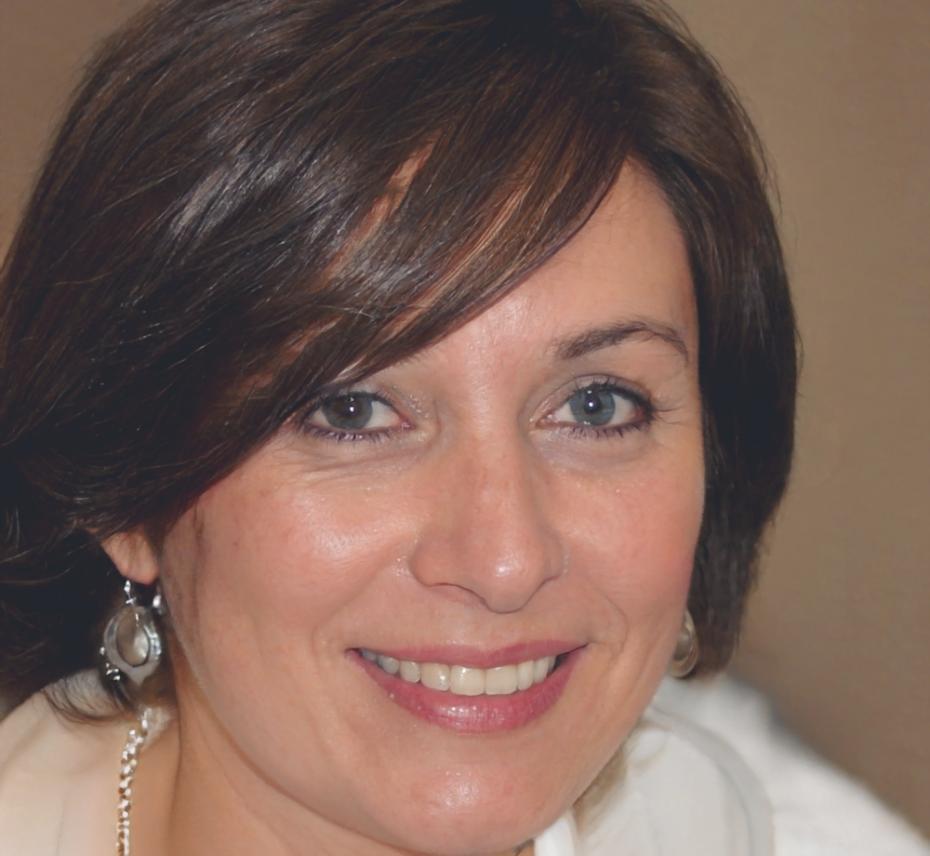Financial Analysis Training Designed by Active Professionals
Six months of intensive training taught by analysts who still work in the field. You'll learn what actually matters when evaluating investments—not just theory from textbooks, but the methods we use every day.
Learn From Working Professionals
Our instructors balance teaching with active analysis work. They bring current market insights and real-world examples from actual client projects—because they're still doing this work themselves.

Callum Bridger
Senior Financial Analyst
Callum spent eight years at boutique advisory firms before joining dataextraevolve in 2021. He specializes in technology sector analysis and has a knack for breaking down complex financial models into digestible pieces.

Rhea Falworth
Investment Analyst
Rhea transitioned from corporate finance to investment analysis in 2019. Her background in operational finance gives her a unique perspective on evaluating business fundamentals and management quality.

Wendell Kirst
Quantitative Analyst
Before analytics, Wendell worked in data engineering for mining companies. He brings a pragmatic approach to financial modeling and risk assessment, focusing on what you can actually measure and verify.
Small Groups, Direct Feedback
We cap each cohort at twelve participants. This isn't about scale—it's about giving you proper attention. You'll get direct feedback on your analysis work, one-on-one sessions when you're stuck, and access to your instructors between formal sessions. We've all had mentors who made time for us, and we're committed to doing the same for you.

Learning Together Makes the Work Stronger
Analysis work can feel isolating, especially when you're starting out. We've structured this program around peer collaboration because that's how the best insights emerge—through discussion, debate, and sharing different perspectives on the same data.
Paired Analysis Projects
Most weeks involve working through real company data with a partner. You'll compare approaches, catch each other's mistakes, and develop a feel for how different analysts tackle the same questions.
Weekly Group Reviews
Every Friday we review the week's work together. People present their findings, explain their reasoning, and get feedback from both instructors and peers. These sessions often generate the most valuable learning moments.
Building Your Professional Network
The connections you make here tend to last. Past participants regularly reach out to each other for second opinions on analysis work or job referrals. We've seen several formal partnerships form from program cohorts.
Following Progress Beyond Graduation
We stay in touch with program graduates—not in a formal alumni structure, just ongoing professional relationships. It's helpful for us to understand what skills proved most valuable, and participants appreciate having experienced analysts to consult as their careers develop.
